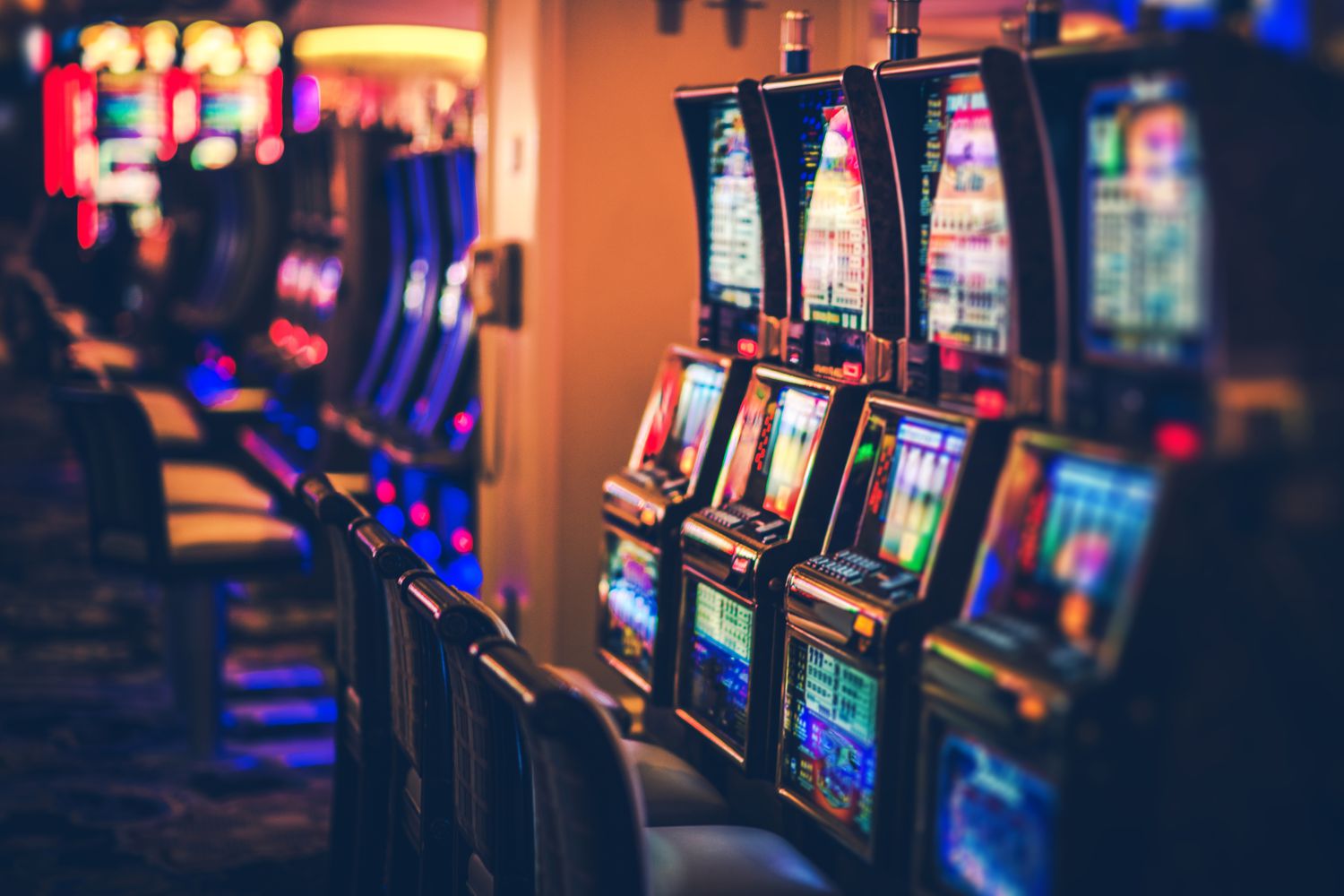
A slot machine is a gambling device that rotates reels. It accepts coins or paper tickets with barcodes to activate the game. The payout is based on the number of credits that are earned from the winning combinations. In the United States, the slot machines are highly regulated by state governments.
There are two types of slot machines. One uses three reels, while the other uses five. Three reel slots allow players to play a few spins at a time. They are easier and more reliable than the five reels, but they can have fewer payouts.
Slots can also be played online. Some online casinos offer free play. However, these games do not have the same thrills of playing in a real casino. For example, you may have to wait for bonus rounds, and you might not get to see the outcome of a particular pay-out.
In addition to the usual betting options, there are also bonus features to play for. These are usually aligned with the theme of the game. Examples include bonus multipliers, free spins, and jackpots. All these are designed to give the player an advantage over other players.
Another common feature is the hold and spin feature, which allows you to continue to spin the reels. This can be a great way to increase your chances of winning. When you spin the reels several times, it is possible to create additional winning combinations. If you are lucky, you might be awarded a large amount of money, such as 5,000 or 10,000 coins.
Another feature of the game is the ability to play a demo version. The Zeus demo is a popular slot demo. You can play this slot free in the demo mode.
There are many other types of slot machines, including multi-line, which have more than one pay line. They are a more popular type since the 1990s. Multi-line slot machines also offer variable credits. Most multi-line machines accept from one to fifteen credits.
Lastly, there are the progressive slots, which offer jackpots. Depending on the amount of money you have to bet, you can win hundreds of thousands of dollars. Usually, this happens when you are lucky and play several bonus rounds in a row.
Many state governments have created gaming control boards, which are responsible for the monitoring and regulating the operation of gambling establishments. Gambling establishments are banned in certain areas. Often, state governments are also able to restrict the size of the jackpots, and they regulate the amount of money a player can spend on the game.
Slots are different from other casino games in that they are based on a specific theme. Each game has its own twist. Sometimes, the symbols are unique and may only appear on a certain reel. Other times, they are based on a general symbol, such as lucky sevens, fruits, or bells.
There are also special winning scenes on the LCD display to help you enjoy the experience. Having a good strategy can boost your chances of winning.